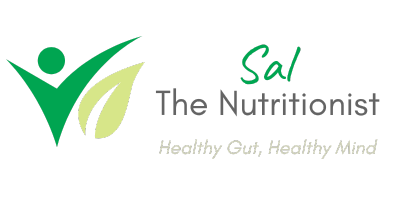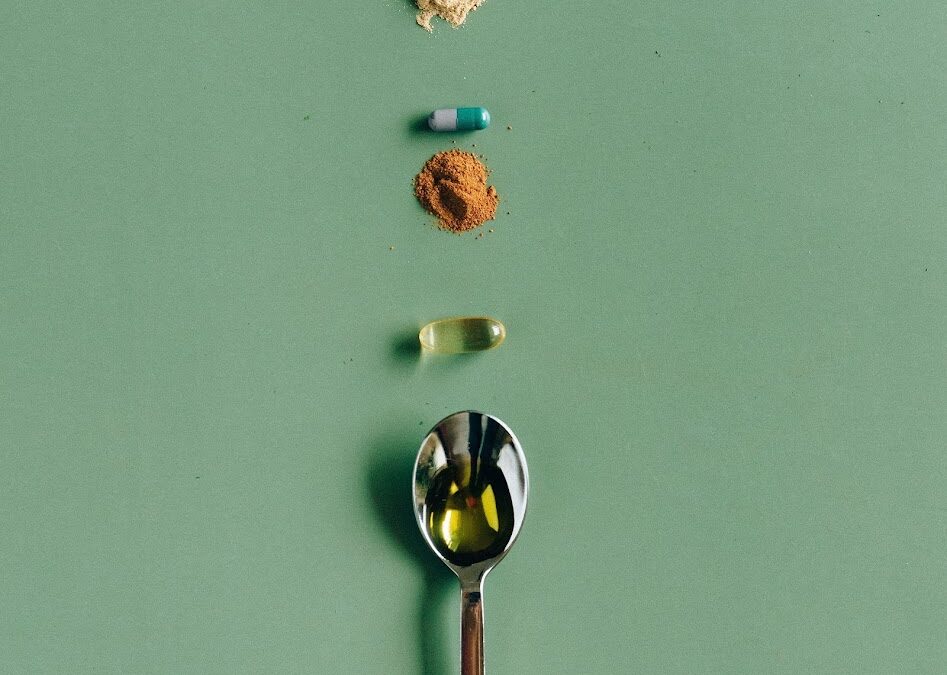If you’re reading this, chances are you or someone you know has been struggling with adult ADHD. It can be tough, right? The constant distraction, the forgetfulness, the difficulty in staying focused – it can really impact your day-to-day life. But did you know that nutrient deficiencies play a role in your ADHD symptoms?
Before we dive into the details, let’s first take a step back and understand what ADHD is. Contrary to popular belief, ADHD is not just a problem for kids. In fact, it affects millions of adults worldwide. ADHD is a neurological condition that affects the brain’s ability to focus, prioritize and control impulses.
Now, you might be wondering what nutrient deficiencies have to do with all of this. Well, it turns out that the brain needs a wide variety of nutrients to function properly. Nutrients like omega-3 fatty acids, magnesium, zinc, iron, and vitamin D are all essential for optimal brain health. Unfortunately, many people with ADHD are deficient in these nutrients.
Let’s take a closer look at some of these key nutrients and how they might impact ADHD symptoms:
Omega-3 fatty acids
Research has shown that omega-3 fatty acids, which are found in fatty fish like salmon and walnuts, can help reduce ADHD symptoms like hyperactivity, impulsivity, and inattention. Omega-3s are important for brain development and function, and many people with ADHD have been found to be deficient in this nutrient.
Magnesium
Magnesium is an essential mineral that plays a role in over 300 biochemical reactions in the body, including those involved in brain function. Studies have shown that magnesium supplementation can improve ADHD symptoms like hyperactivity, impulsivity, and inattention.
Zinc
Zinc is another essential mineral that is important for brain health. Studies have shown that zinc supplementation can improve ADHD symptoms. Many people with ADHD have been found to be deficient in this nutrient.
Iron
Iron is important for the production of dopamine, a neurotransmitter that plays a key role in ADHD. However, it’s important to get tested for iron before taking a supplement.
Vitamin D
Vitamin D is essential for brain health and has been linked to ADHD. Studies have shown that people with ADHD are more likely to be deficient in vitamin D than those without ADHD.
Now, it’s important to note that not everyone with ADHD will be deficient in these nutrients. However, if you are struggling with ADHD symptoms, it might be worth considering getting your nutrient levels checked. You can get your blood levels checked but this is not a true representation of long term nutrient deficiencies. The Hair Tissue Mineral Analysis (HTMA) test reveals exactly what’s going on including metabolism, blood sugar, adrenals as well as finding out exactly which nutrients are imbalanced. It also reveals any heavy metal toxicity which can play a key role in ADHD symptoms. Blood tests don’t show heavy metal toxicity.
While there is no one-size-fits-all solution to managing ADHD, addressing nutrient deficiencies and making lifestyle changes can go a long way in helping you manage your symptoms.
If you need help in managing your ADHD symptoms and don’t know where to start, have a look at my Mind Your Gut Program. It includes all testing (including the HTMA test), consultations and email support throughout.
If you would like to chat about the above or have any questions about how I can help, you are welcome to book a FREE 20 min health assessment call here


Download My Top Tips 'Get Out Of The ADHD Loop Now'
Great, you're in. Check your inbox for your free resource. Save this email address.
Look out for our email newsletter packed with free resources, blogs and tips. Unsubscribe at any time.